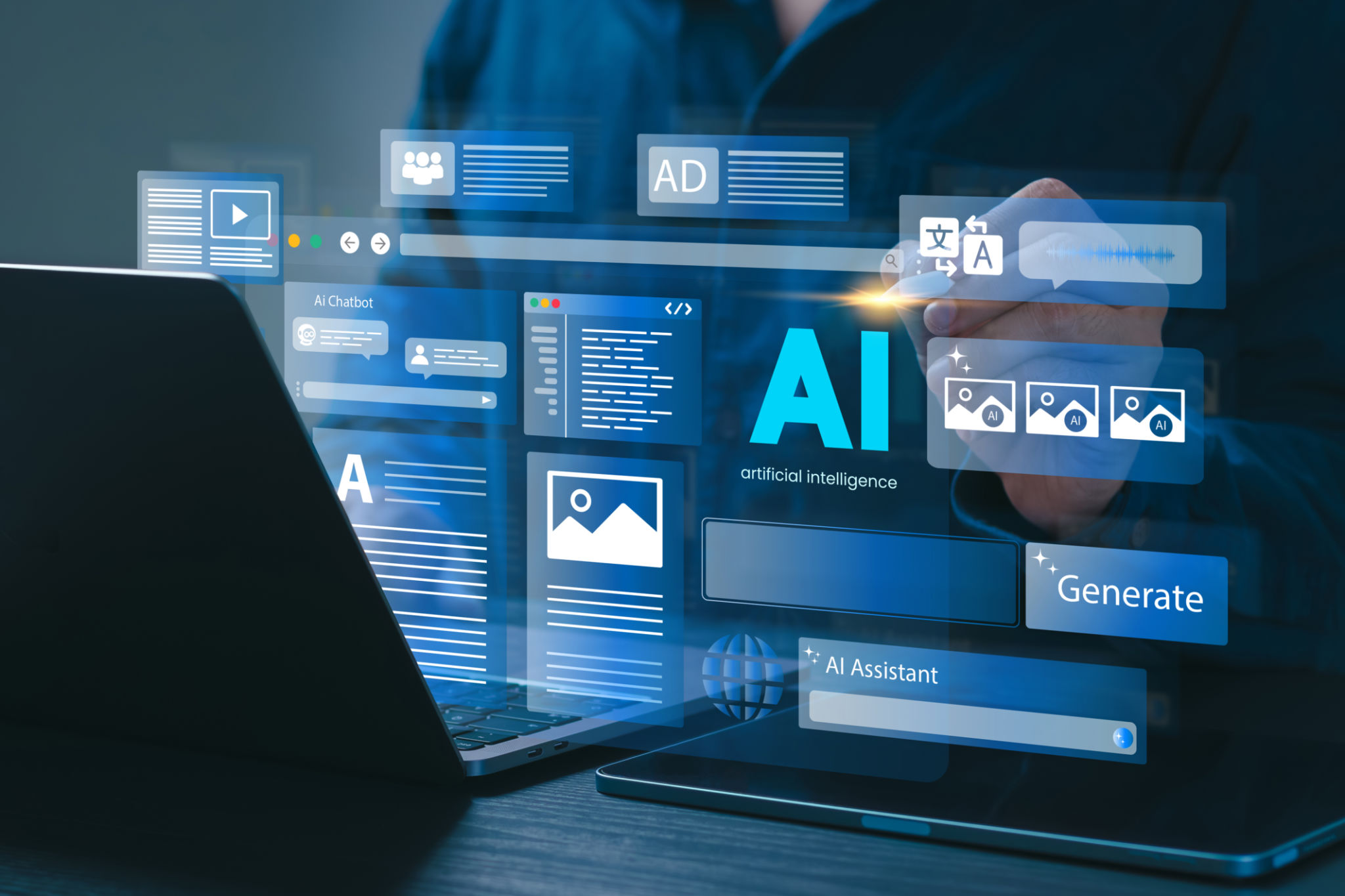Common Misconceptions About AI in Marketing Debunked
Introduction
Artificial Intelligence (AI) has become a buzzword in the marketing industry, promising to revolutionize how brands connect with consumers. However, with this excitement comes a wave of misconceptions that can lead to confusion and unrealistic expectations. In this post, we'll debunk some common myths surrounding AI in marketing.
AI Will Replace Human Marketers
One of the most prevalent myths is that AI will render human marketers obsolete. While AI can automate repetitive tasks and analyze data at lightning speed, it lacks the creativity and emotional intelligence that human marketers bring to the table. Human oversight and strategic thinking are crucial in crafting campaigns that resonate with audiences on a personal level.

AI Is Only for Big Companies
Another misconception is that only large corporations with vast resources can leverage AI technologies. In reality, many AI tools are accessible and affordable for businesses of all sizes. From chatbots to predictive analytics, small and medium-sized enterprises can harness AI to enhance their marketing efforts without breaking the bank.
These tools help streamline operations, optimize customer interactions, and provide valuable insights, leveling the playing field for smaller companies. The key is selecting the right tools that align with your business goals and budget.
AI Guarantees Instant Results
Some might believe that implementing AI will yield immediate results, but this is far from true. AI systems require time to learn and adapt, often necessitating a period of testing and adjustment. Patience and continuous refinement are essential to achieving desired outcomes with AI-driven marketing strategies.

Moreover, AI's effectiveness is contingent on the quality of data it receives. Ensuring clean, accurate data input is critical for generating meaningful insights and optimizing performance over time.
AI Lacks Creativity
A common stereotype is that AI cannot be creative. While AI may not possess creativity in the traditional human sense, it can generate creative content by analyzing patterns and trends. Tools powered by AI can produce engaging social media posts, personalized emails, and even design elements based on user data.
These capabilities allow marketers to experiment with new ideas quickly, providing a foundation upon which human creativity can build and innovate further.

AI Is Too Complex to Implement
The perceived complexity of AI can deter businesses from adopting it. However, many platforms offer user-friendly interfaces designed to simplify AI integration into existing marketing workflows. With proper training and support, teams can efficiently utilize AI tools without needing extensive technical expertise.
Organizations should take advantage of free trials, tutorials, and support services offered by AI solution providers to ease the transition and maximize the benefits of these technologies.
Conclusion
Understanding the realities of AI in marketing is crucial for businesses seeking to harness its potential effectively. By dispelling these misconceptions, companies can make informed decisions about integrating AI tools into their strategies. Embracing AI intelligently can lead to more efficient processes, deeper customer insights, and ultimately, enhanced marketing outcomes.
